What is it like not being able to tell your family what you do at work? How do you maintain relationships while being on call at all hours, abandoning birthday parties, anniversaries, births, deaths at a moment’s notice? How do you raise children while doing things you wouldn’t dream of telling them about?
Author Edward Schwarzschild and photographer Daniel Goodwin interviewed more than 20 people who work in the security and intelligence industries, including Homeland Security, the U.S. Army, police departments and the TSA. Their new book, tentatively titled “Job Security: Security workers talk about the parts of their jobs they can talk about and how they feel about the parts they can’t talk about,” opens a direct window into the stresses, benefits and hardships of working in this growing American industry.
The UAlbany professors of art and English met in in the early aughts in the wake of 9/11 and the escalation toward wars in Afghanistan and Iraq. Both their fathers worked in the security apparatus. “My dad would tell me stories about being in some kind of air force reserves special unit that was in different places, but he would never tell me all the details and he would always say he couldn’t talk about it,” Schwartzchild says.
Goodwin’s father worked on military technology. “There was the ‘can’t talk about it aspect’ when he was in it and there and there was the, ‘You wouldn’t be interested’ aspect when he was out,” Goodwin says.
In 2015, UAlbany announced it would start the nation’s first college for emergency preparedness, cybersecurity and homeland security, and an idea started to take shape. Inspired by Studs Terkel’s 1974 “Working: People Talk About What They Do All Day and How They Feel About What They Do,” the pair began plotting a book featuring testimonials directly from those who work in the security industry. Now with a slew of interviews under their belt and a chap book, the duo are looking for a publisher and hope to create an online database with more testimonials to help those considering pursuing a career in a security-related field.
“They want us to know what the divorce rate is like in this job,” Goodwin says. “And they want us to know how hard it is to raise a family or where the struggles are in managing with the weight of it.”
One interviewee describes meeting his wife early in their Navy careers. They decided not to have children based on their work, but after multiple tours of duty, they decided to adopt.
“He talks openly about what it’s been like to adopt someone and how his life compares to so many of his other colleagues whose marriages have not made it,” Goodwin says. “He and his wife are tight now and then they have this adopted daughter and he’s on the other side and he just looks back and sees example after example of people who didn’t survive, in more ways than one, not just marriages. And he does not attribute his survival as a Navy Seal and multiple deployments to skill. He thinks it’s just random luck.”
Work on the book led to revelations for Goodwin as he interviewed his father about his role at Texas Instruments. Early in his career, Goodwin’s dad worked on top secret projects, like creating early night vision systems, which were used in conflicts before the Vietnam War was on the national radar.
Writing the book has humanized an industry Goodwin once saw, at least partially, as a “racket.”
“What we’re finding is that the more information we get, the more complicated it becomes,” he says. “It’s not like there’s this moment of clarity where we’re like ‘Oh, now we get it. Now we understand this world!’ It’s just an ecosystem and it’s super complicated and parts of it are a racket and big parts of it are people who are sincerely believing in something larger than themselves and like keeping us safe.”
Listen to the authors discuss the book on the UAlbany News Podcast.

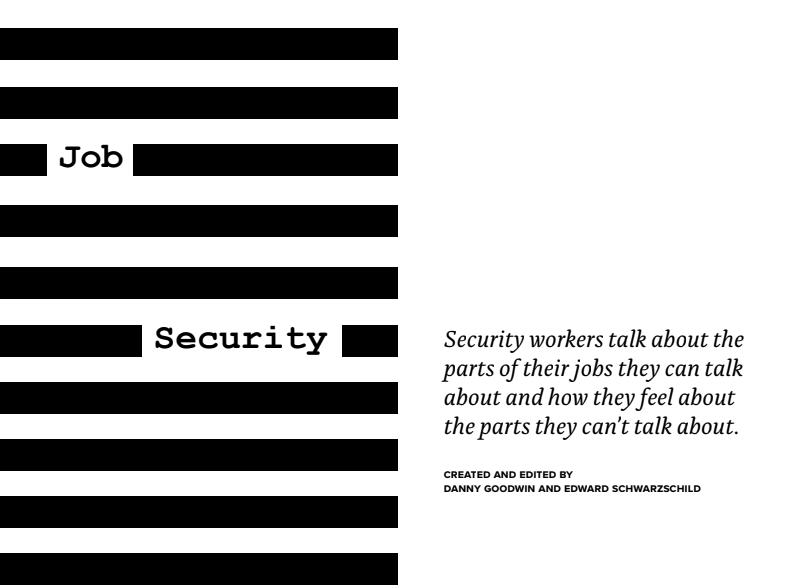
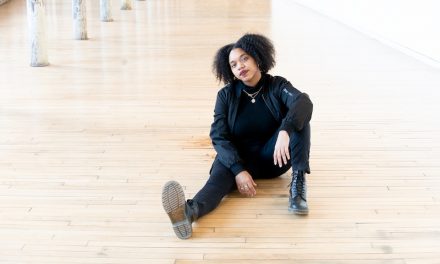
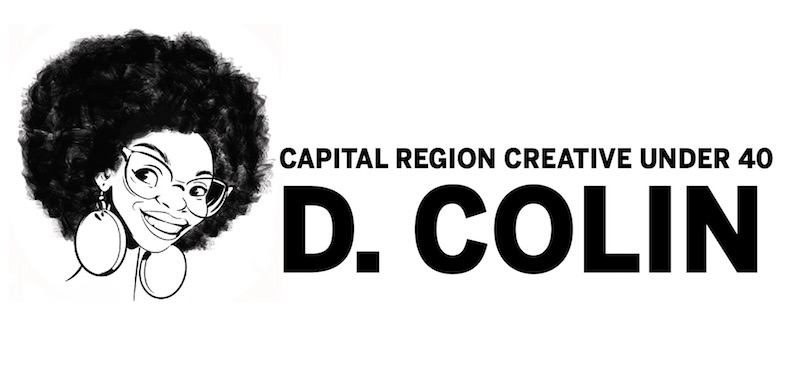
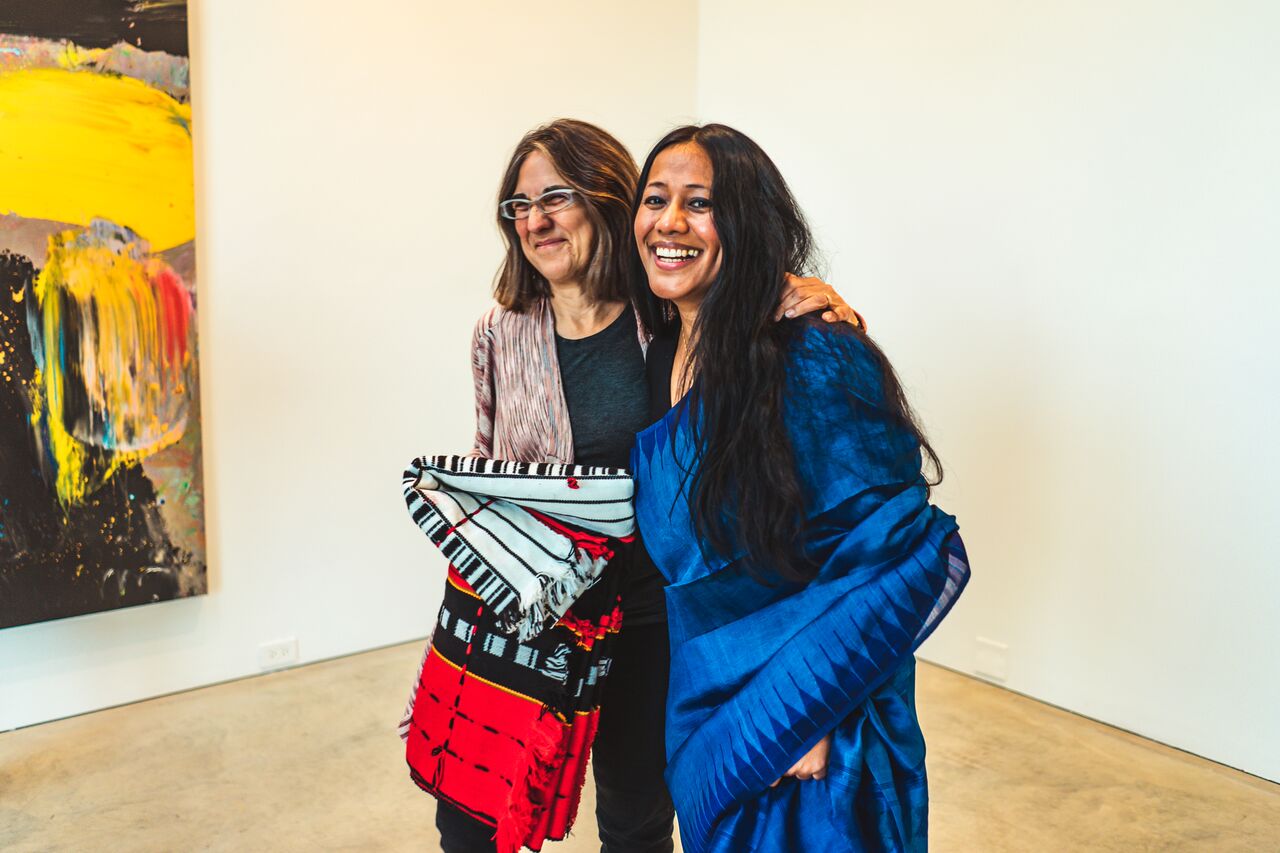
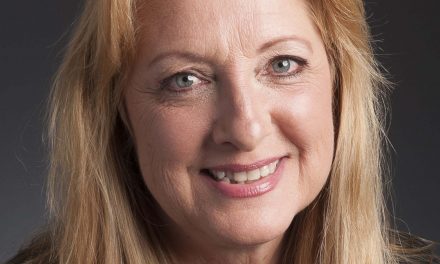
Trackbacks/Pingbacks